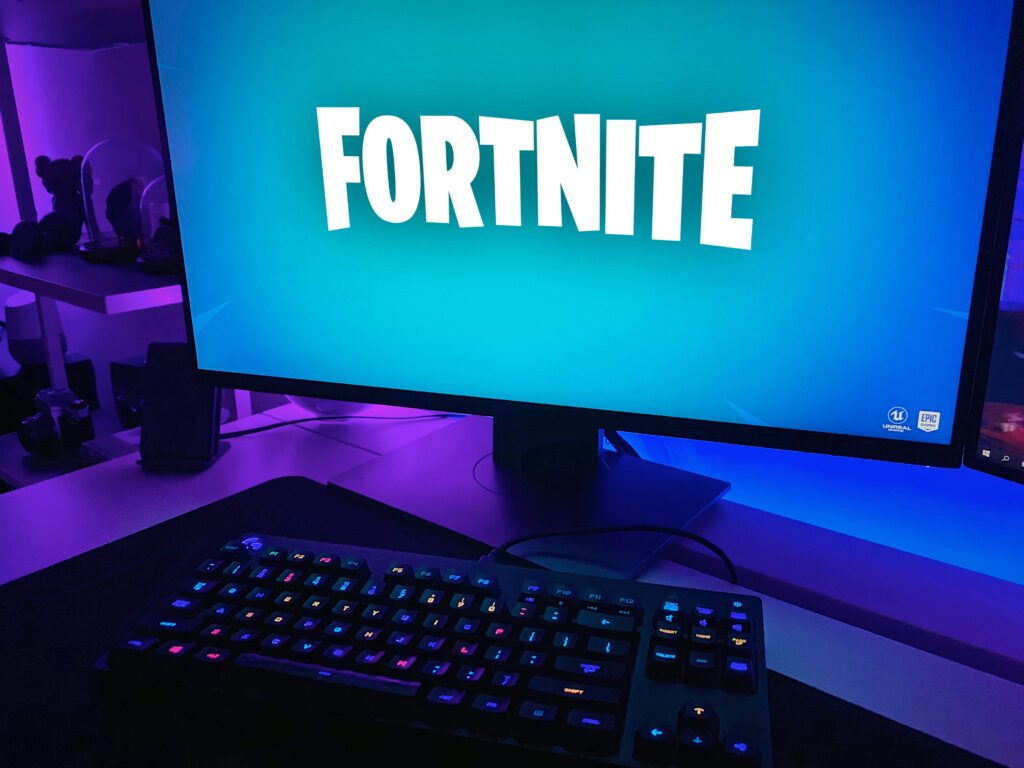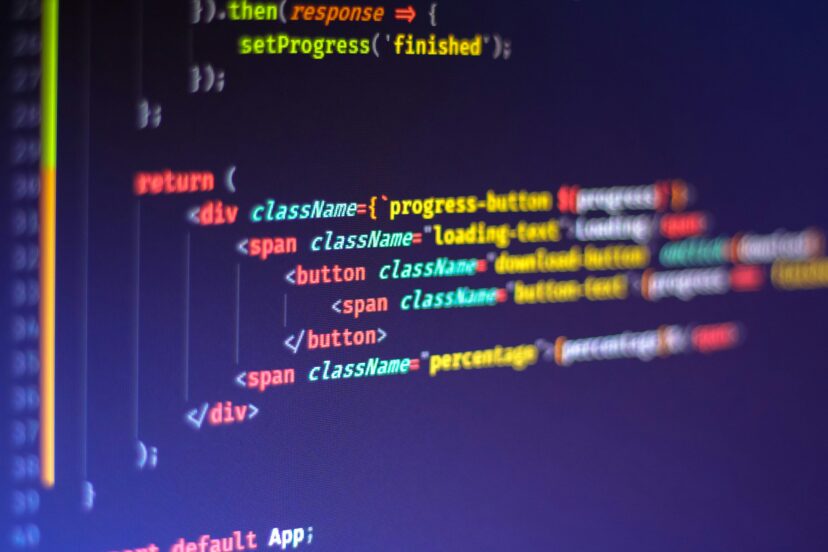Programming Languages Used in Game Development
Hey there, fellow game enthusiasts! In our exciting dive into the world of game development, we’ll explore the diverse and dynamic programming languages that bring our favorite video games to life. From the robust and flexible powers of C++ to the versatile and beginner-friendly Python, we’ll uncover how each language contributes to crafting those immersive worlds and thrilling gameplay experiences. Together, let’s unravel the tech behind the magic and see what makes our beloved games tick! Have you ever wondered what programming languages power your favorite video games? The world of game development is vast and employs various programming languages, each chosen for its unique strengths. In this friendly and detailed exploration, we’ll delve into the programming languages that fuel the vibrant and dynamic industry of game development.
Why Programming Languages Matter in Game Development
Before we dive into specific programming languages, let’s set the stage by understanding the role of programming languages in game development. Programming languages are the backbone of any game, defining how a game operates, how it interacts with the players, and how various game elements communicate with each other.
Performance and Efficiency
Games often require real-time processing, fast computations, and efficient memory usage. Hence, the choice of programming language can significantly impact a game’s performance.
Platform Compatibility
Different platforms such as PC, consoles, and mobile devices may favor different programming languages. Games often need to be developed with cross-platform compatibility in mind.
Development Speed and Ease
Some programming languages offer tools and libraries that streamline the development process, allowing developers to focus more on creativity and less on technical challenges.
The Most Common Programming Languages in Game Development
Several programming languages are popular in game development, each with its advantages and preferred applications. Let’s go through the most common ones and explore their unique features.
C++
C++ is arguably the most iconic language in the game development world. It’s known for its performance and control over system resources, which is critical for game engines and high-performance games.
- Performance: C++ provides low-level access to memory and system resources, which allows for highly optimized code.
- Versatility: This language is suitable for developing both game engines and individual game titles.
- Community and Resources: With a vast community and extensive resources, learning and troubleshooting become more accessible.
Popular games developed using C++ include:
| Game Title | Developer |
|---|---|
| The Witcher 3 | CD Projekt Red |
| Unreal Tournament | Epic Games |
| Call of Duty Series | Infinity Ward |
C#
C# is powerful, modern, and part of the .NET framework, making it a popular choice, especially in conjunction with the Unity game development platform.
- Ease of Use: C# is simpler to learn and use compared to C++, which can be a significant advantage for rapid development and prototyping.
- Unity Integration: Unity, one of the most popular game engines, uses C# as its primary programming language, making it a go-to for many indie developers.
Notable games developed using C# and Unity:
| Game Title | Developer |
|---|---|
| Cuphead | Studio MDHR |
| Hollow Knight | Team Cherry |
| Temple Run | Imangi Studios |
Java
Java, known for its portability, finds a niche in mobile and indie game development. Its “write once, run anywhere” philosophy ensures compatibility across various devices.
- Platform Independence: Java code can run on any device equipped with a Java Virtual Machine (JVM).
- Robust and Secure: With in-built security features, Java is a reliable choice for games that require network communication.
Popular Java games include:
| Game Title | Developer |
|---|---|
| Minecraft | Mojang |
| RuneScape | Jagex |
| Wakfu | Ankama Games |
Python
Python may not be the first language that comes to mind for game development, but it has its place, particularly in scripting and prototyping. Its simplicity and readability make it a favorite for beginners.
- Ease of Learning: Python’s simple syntax is ideal for new developers venturing into game development.
- Libraries and Frameworks: Libraries like Pygame make it easier to develop simple games and prototypes.
Games and projects where Python is used:
| Game Title | Developer |
|---|---|
| Civilization IV | Firaxis Games |
| EVE Online | CCP Games |
| Disney’s Toontown Online | Disney |
JavaScript
JavaScript, primarily known for web development, is also used in game development, particularly for browser-based games. Its integration with HTML5 makes it an optimal choice for online games.
- Web Integration: JavaScript’s ability to work seamlessly with HTML5 and web technologies makes it ideal for games that run in browsers.
- Accessibility: Players can easily access games made with JavaScript through a web browser without the need for additional installations.
Popular JavaScript-based games:
| Game Title | Developer |
|---|---|
| Angry Birds | Rovio Entertainment |
| HexGL | Thibaut Despoulain |
| Gods Will Be Watching | Deconstructeam |
Other Notable Mentions
While the above languages are the most prevalent, there are others worth mentioning due to their specialized applications in game development.
Lua
Lua is often used as a scripting language within game engines. It’s lightweight and easy to embed, making it popular for scripting game behaviors.
- Embedding and Scripting: Lua can be embedded into other languages and is commonly used to script events or behaviors within games.
- Flexibility: Its flexibility makes it a great choice for both indie developers and large studios.
Games using Lua:
| Game Title | Developer |
|---|---|
| World of Warcraft | Blizzard Entertainment |
| Angry Birds | Rovio Entertainment |
| Baldur’s Gate | BioWare |
Swift and Objective-C
These languages are crucial for iOS game development. Swift, being the modern programming language for Apple’s ecosystem, offers performance and safety.
- Platform-Specific: Designed for the iOS platform, making it optimal for developing high-performance mobile games.
- Modern Features: Swift provides modern syntax and safety features compared to Objective-C.
Popular iOS games:
| Game Title | Developer |
|---|---|
| Clash of Clans | Supercell |
| Monument Valley | ustwo games |
| Alto’s Adventure | Snowman Studio |

Choosing the Right Programming Language
Choosing the right programming language for a game project depends on several factors. Let’s walk through some key considerations.
Project Scope and Scale
- Large-Scale Projects: Languages like C++ are favored due to their performance efficiency.
- Indie Projects: C# with Unity or Python may be more suitable for smaller teams wanting to move quickly.
Target Platform
- Cross-Platform: Java and C# (with Unity) offer portability across different platforms.
- Platform-Specific: Swift for iOS or Java for Android when targeting specific platforms.
Learning Curve and Resources
- Beginner-Friendly: Python and JavaScript are easier for newcomers.
- Advanced Usage: C++ and C#, while more powerful, have steeper learning curves.
Community and Support
- Established Communities: Languages like C++ and Python have extensive support and resources.
- Platform-Specific Support: Swift and Objective-C have robust communities within the iOS development ecosystem.
Tools and Game Engines Influence Language Choice
The tools and game engines used also significantly impact the choice of programming language. Here are some popular game engines and the languages they support.
Unity
Unity is one of the most versatile game engines, known for its cross-platform capabilities. It primarily uses C#.
- Languages: C#
- Notable Games: Cuphead, Hollow Knight, Monument Valley
Unreal Engine
Unreal Engine, developed by Epic Games, is known for its high-fidelity graphics and robust capabilities. It primarily uses C++.
- Languages: C++
- Notable Games: Fortnite, Gears of War, BioShock
Godot
Godot is an open-source game engine that supports both 2D and 3D game development. It uses GDScript, C#, and C++.
- Languages: GDScript (similar to Python), C#, C++
- Notable Games: Haven, Deep Sixed
CryEngine
CryEngine is known for its stunning graphics capabilities and is often used in AAA titles. It primarily uses C++ and Lua.
- Languages: C++, Lua
- Notable Games: Cryostasis, Sniper: Ghost Warrior 2
GameMaker Studio
GameMaker Studio is popular among indie developers for its ease of use and quick prototyping. It uses a proprietary scripting language called GML.
- Languages: GML (GameMaker Language)
- Notable Games: Undertale, Hyper Light Drifter

Future Trends in Game Development Languages
The landscape of game development is continually evolving, bringing new trends and innovations. Let’s peek into the future trends related to programming languages in game development.
Increased Use of Scripting Languages
As games become more complex, the use of scripting languages like Lua and Python for behavioral scripting is on the rise. These languages enable faster iteration and more manageable code bases.
Rise of Rust
Rust, known for its safety and concurrency, is gaining traction in systems programming and game development. It promises the performance of C++ but with better memory safety features.
Improved Interoperability
Languages and tools are becoming more interoperable, allowing developers to use multiple languages within the same project seamlessly. For instance, using C# for game logic in Unity while using C++ for performance-critical components.
AI and Machine Learning Integration
With the increasing integration of AI and machine learning in games, Python remains a strong candidate due to its rich ecosystem of libraries and frameworks like TensorFlow and PyTorch.
Conclusion
In conclusion, the world of game development is as diverse as the games themselves. From the high-powered control of C++ to the modern ease of C# with Unity, each language brings its unique strengths to the table. By understanding these languages’ roles, we can better appreciate the intricate artistry behind the games we love to play.
The choice of programming language can significantly influence a game’s development process, performance, and reach. Whether you’re an aspiring game developer or a seasoned professional, selecting the right tools for your project is crucial. As the industry continues to evolve, staying abreast of emerging trends and technologies will keep us all at the forefront of game development innovation. Happy coding, and game on!




